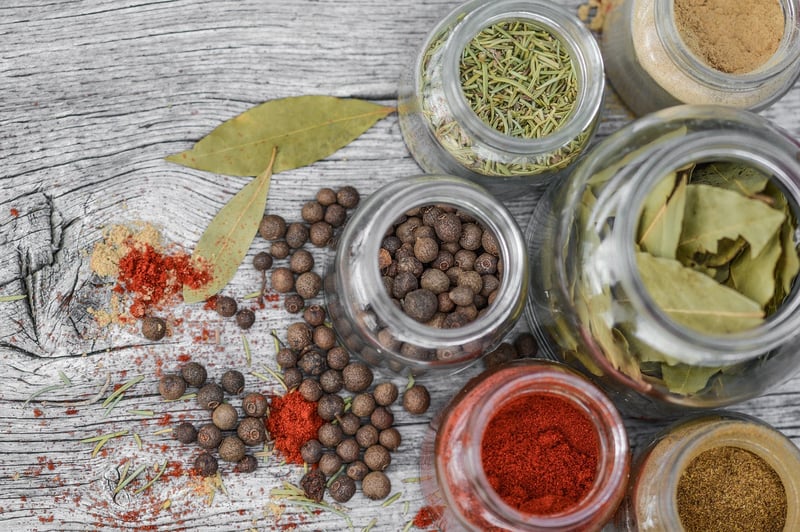Texture Variation
Enhance the Aesthetics of Your Vertical Garden with Texture Variation
Vertical gardens are a fantastic way to bring greenery into small spaces, create a focal point in your home, or even grow your own herbs and vegetables. To take your vertical garden to the next level and make it truly eye-catching, consider incorporating texture variation into your design. Mixing different textures can add depth, visual interest, and a dynamic element to your vertical garden.
Why Texture Variation is Important
Texture variation in a vertical garden can create a more natural and diverse look. It adds complexity to the overall design, making it visually appealing and engaging. By combining plants with different textures, you can create a lush and vibrant display that will capture attention and spark interest.
How to Incorporate Texture Variation
Here are some tips to help you incorporate texture variation into your vertical garden:
- Mix Different Plant Types: Combine plants with varying leaf shapes and sizes to create contrast and interest.
- Use Plants with Different Surface Textures: Include plants with smooth, glossy leaves alongside those with fuzzy or rough textures to add visual depth.
- Integrate Hardscape Elements: Incorporate elements like wood, metal, or stone into your vertical garden design to introduce different textures and break up the greenery.
- Play with Color and Form: Experiment with plants of different colors and forms to enhance the overall texture variation in your vertical garden.
Examples of Texture Variation
Take a look at these examples of texture variation in vertical gardens:

Image by freestocks-2275371 from Pixabay
Conclusion
Adding texture variation to your vertical garden can transform it into a stunning focal point that will elevate the aesthetics of your space. Experiment with different textures, colors, and plant combinations to create a unique and visually appealing vertical garden that will be sure to impress.
